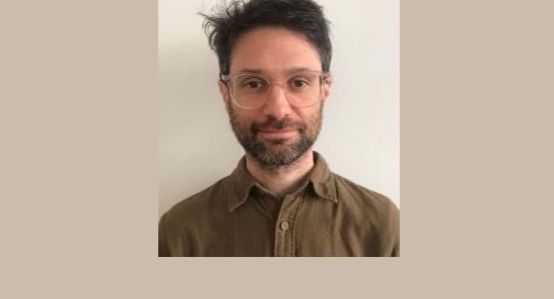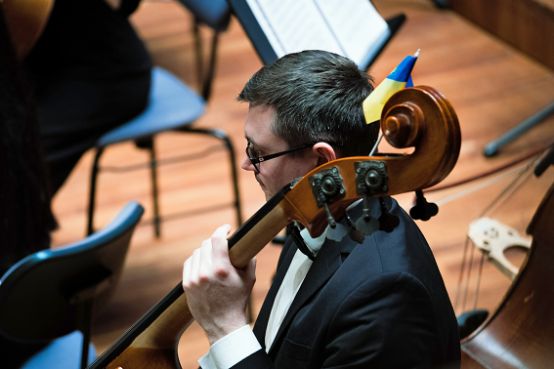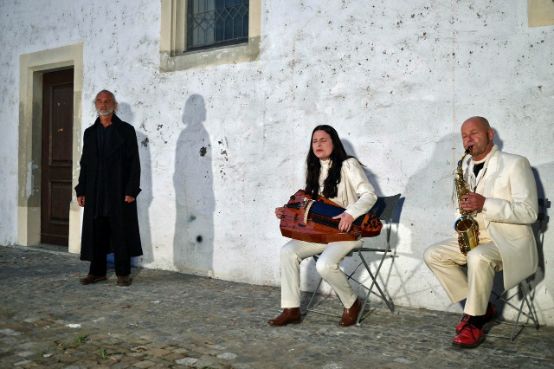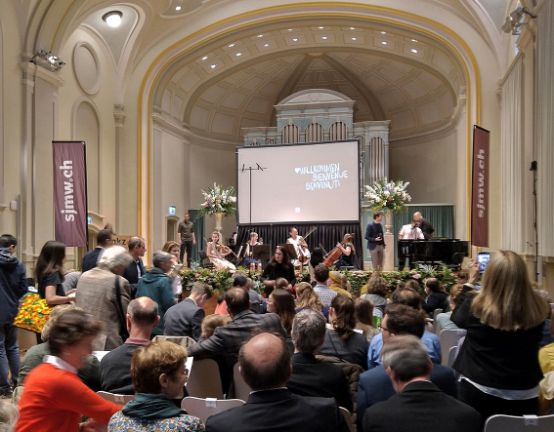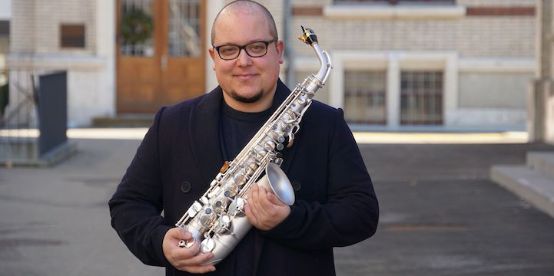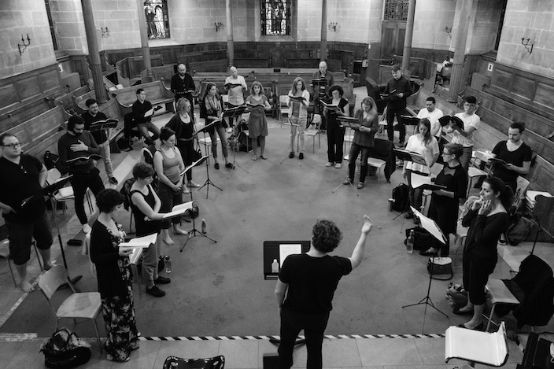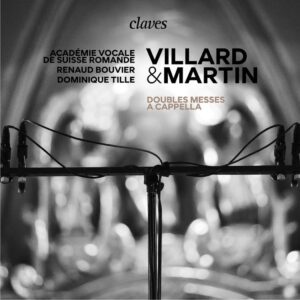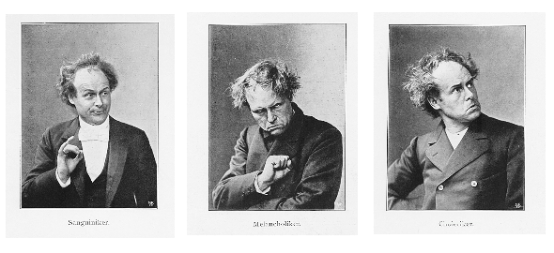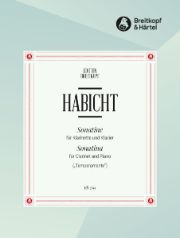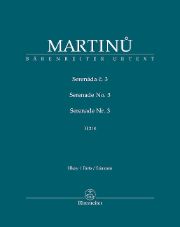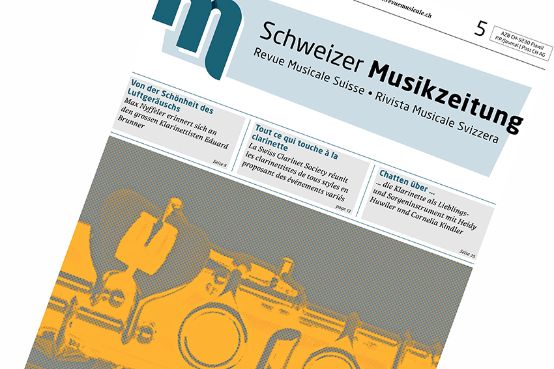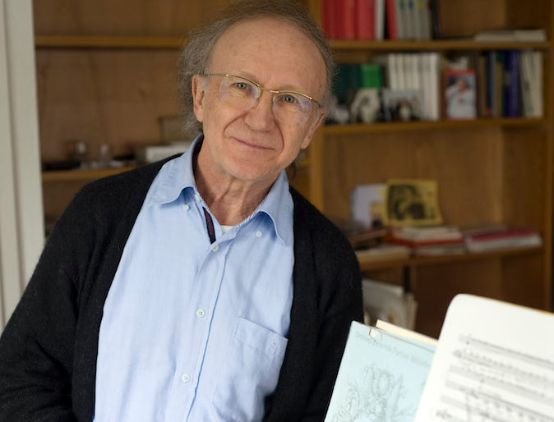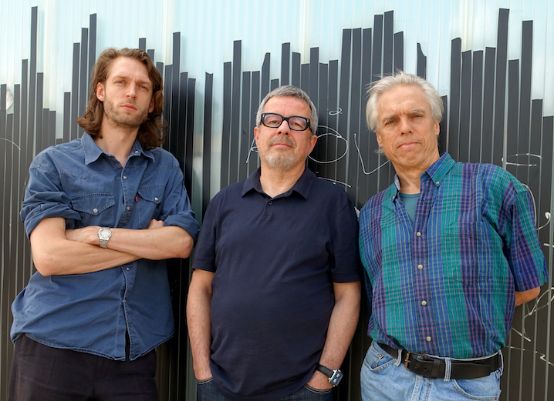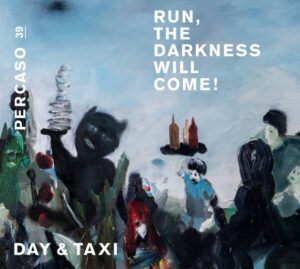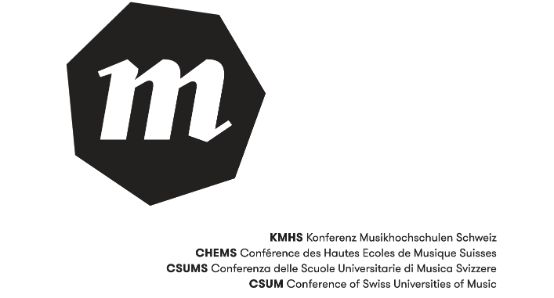
Antoine Gilliéron - Questioning the fundamental dimension of time in music through the prism of a joint interview with three young students from the Hautes Écoles of Music in the country, this article intends with humility to lay down some milestones in answering this question... and to pose some others!
A view from the Zurich University of the Arts (ZHdK)
Adèle Chavanne, you are a student at the ZHdK in the first year of a Master's degree in music theory, how is your study time invested (instrumental practice, network, chamber music, theoretical courses, transversal skills, etc.)? )? And with what percentage approximately?
As I am not studying an instrument in the true sense of the word, my timetable is different from other music students' timetables. I have individual lessons in music theory and courses that have to do with theory, such as instrumentation, analysis or solfège, as well as a lot of piano practice. I am very interested in the 100 or so optional subjects on offer, but I have decided not to take too many electives as I am very busy with music outside of my studies. In my free time, I also take singing lessons, for example, as this interests me a lot.
Do you think you have enough time to acquire general and advanced skills during your musical studies that could be useful to you outside of music?
Every student divides the time they spend studying and the time they invest in their studies differently. In my opinion, the optimal workload also depends on what goals I set myself. For me, it is crucial that I benefit from doing other things alongside my studies - such as voluntary work - that strengthen my skills outside of everyday student life. With its theoretical components and opportunities for further training, the degree program has laid a good foundation for these practical experiences. As a result, I felt confident to take on practical tasks. The experiences, not only in a musical sense, that I was able to gain through this have strengthened me a lot and I was able to apply and consolidate skills. This knowledge is particularly important to me personally, as I do not want to commit myself exclusively to a student environment and I am also convinced that I have gained certain skills as a result that my studies alone could not have taught me in this way.
And another view from the Musik-Akdaemie Basel (MAB)
Isa-Sophie Zünd, you are a student at the MAB in your third year of a Bachelor's degree in classical piano, do you think you have enough time (both in terms of years of study and within these studies, in the year, the month, the week and the day) to develop yourself as an artist?
Three years is already pretty short, a year longer would be helpful. I actually have enough time during my studies if I organize my day, but sometimes it's difficult to find a room to practice in.
What would be your ideal course of study?
I am very happy at my university, I just wish I had one more year.
How do you view the range of music education at tertiary level in Switzerland and the country's HEMs, as well as their potential complementarity?
Switzerland offers interesting study opportunities at a high level as well as a good environment in the form of foundations and concerts.
A last look from the Bern University of the Arts (HKB)
Aurélien Perdreau, you are a student at the HKB in the second year of the Master of Contemporary Art Practice, do you think, and why, that social time is different from the time it takes to be a musician?
Yes, in part. The organization of society and the extension of the family is based on "regular" working hours, with free time at the end of the day and days off at the weekend. Or musicians often have répétitions or concerts at the weekend and on weekday soirées, which creates a disproportionate work schedule. In the long term, this can pose problems of socialization within the artistic milieu. But I think it is also necessary to modify this state of affairs for two reasons. After all, many other professions also have different working hours, which means that social time is not as uniform as one might think. Furthermore, the musician's profession generally allows us to have more control over working hours and the way in which we manage our time during the day and the week compared to other professions. Paradoxically, this makes it easier to adapt to social constraints.
In your opinion, what is the ideal tempo for professional studies in music?
I would say that during the Bachelor, you have to learn the basic skills, get the most complete toolbox possible, push the technical aspects as much as possible, and play the repertoire. Master's level, developing your personality, your music, your interpretation, affirming what you are, and confronting others, exchanging, sharing, playing, experimenting, building a network and... having time.
